Interactive Q&A for Learning - AI-Powered Learning Companion
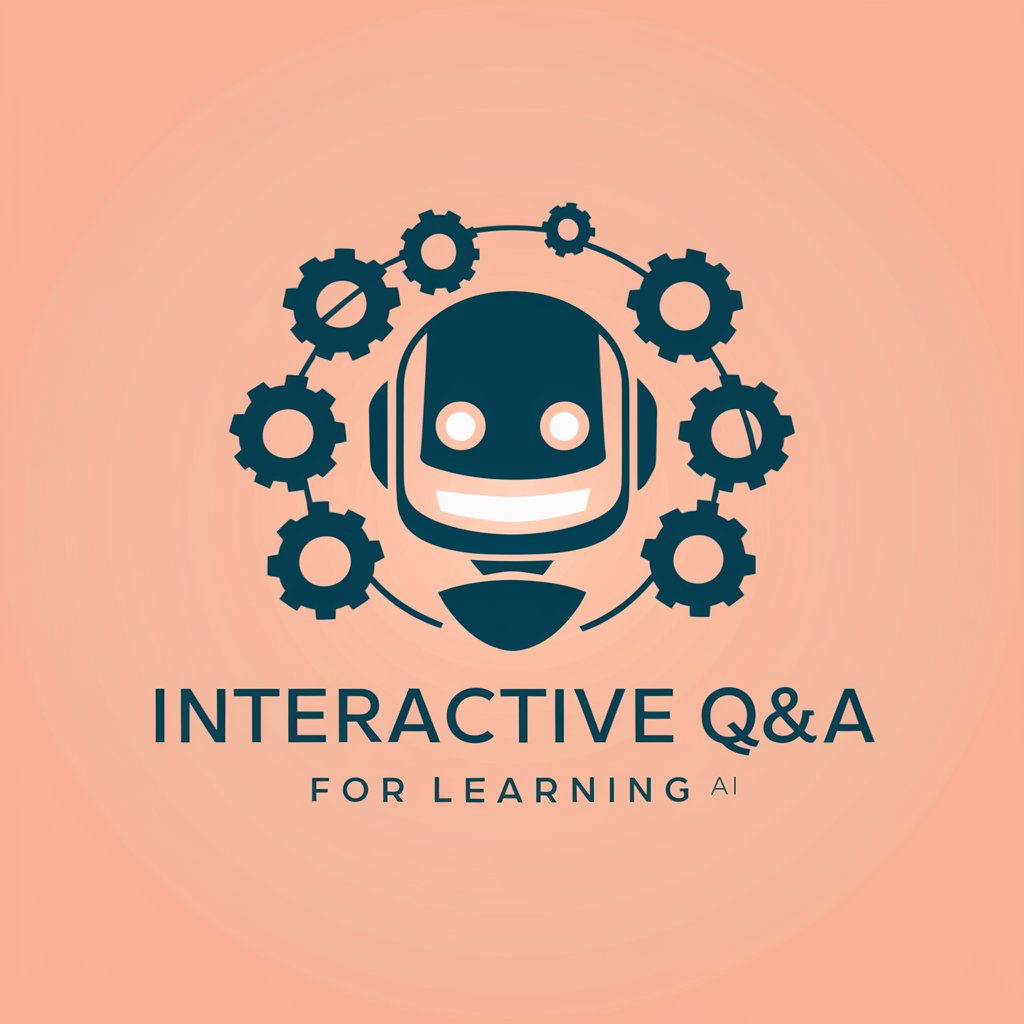
Hello! Ready to learn something new today?
Enhance Your Understanding with AI
Explain the concept of
How does
What are the benefits of
Can you describe the process of
Get Embed Code
Overview of Interactive Q&A for Learning
Interactive Q&A for Learning is a specialized version of ChatGPT designed to enhance the learning experience through an interactive question-and-answer format. It operates by first understanding the learner's current knowledge level on a subject, then providing explanations, filling knowledge gaps, and checking comprehension through further questioning. This model is distinct in its ability to adapt explanations to the learner's understanding, making it suitable for a wide range of learning stages and styles. For example, if a user is learning about basic physics, the system might start by explaining Newton's laws of motion, then ask questions to assess understanding, and subsequently delve deeper into topics like kinematics or energy conservation based on the responses. Powered by ChatGPT-4o。

Key Functions of Interactive Q&A for Learning
Adaptive Learning
Example
For a student struggling with calculus, the system might begin with fundamental concepts like limits and derivatives, gradually advancing to more complex topics like integrals and differential equations as the student's understanding improves.
Scenario
This is particularly useful in educational settings, like tutoring sessions or self-study, where personalized pacing is crucial.
Knowledge Gap Identification
Example
When a user asks about machine learning, the system can identify gaps in their understanding of related concepts like statistics or programming and offer targeted explanations.
Scenario
This function is ideal for learners who are entering a new field or subject area and need to build a foundational understanding.
Comprehension Checks
Example
After explaining photosynthesis to a learner, the system might ask questions about the process's stages or its importance, to assess and reinforce the learner's comprehension.
Scenario
Such functionality is beneficial in both academic learning and professional training, ensuring that key concepts are not only understood but also retained.
Target User Groups for Interactive Q&A for Learning
Students and Learners
Students of all ages, from elementary to university level, can benefit from personalized, interactive learning sessions that cater to their specific educational needs and learning styles.
Professionals and Lifelong Learners
Professionals seeking to upskill, or individuals interested in lifelong learning, can use this tool to explore new subjects, understand complex topics in their field, or stay updated with the latest knowledge.

How to Use Interactive Q&A for Learning
1
Visit yeschat.ai for a free trial without login, also no need for ChatGPT Plus.
2
Select the Interactive Q&A for Learning option to access the specific GPT tailored for educational purposes.
3
Pose your questions or topics you want to explore. This can range from academic subjects to practical knowledge.
4
Engage in a back-and-forth dialogue. The tool will ask clarifying questions to understand your level and fill knowledge gaps.
5
Use the tool regularly to enhance understanding of various subjects, leveraging its recursive questioning feature for deeper learning.
Try other advanced and practical GPTs
Search - Your market research companion
Insights at Your Fingertips – AI-Driven Market Research

Card Crafter
Crafting Heartfelt Connections with AI

Boring Niche Business
Transforming ordinary ideas into profitable ventures.
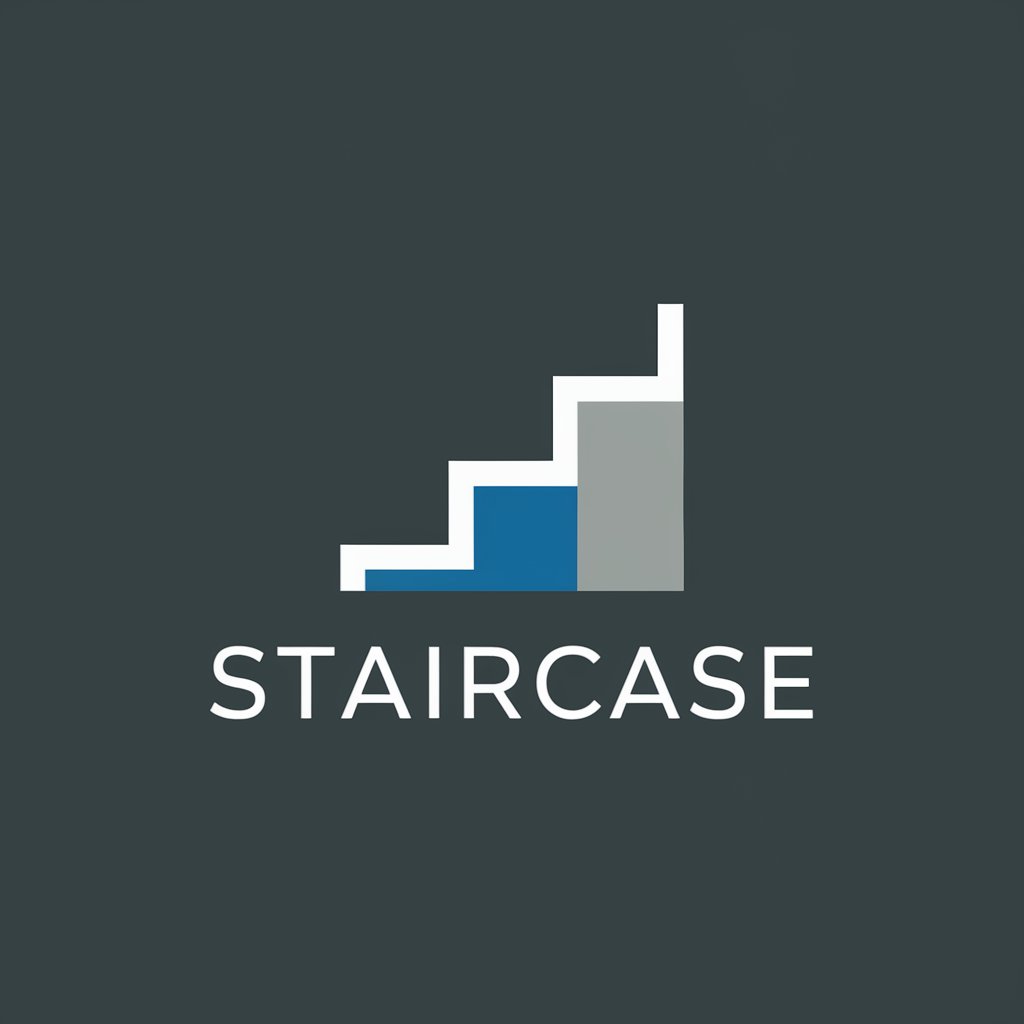
You Can Code Mentor
Empowering Your Coding Journey with AI

Agente del Vacío Cibernético
Guiding through the cybernetic void with AI-powered philosophical inquiry.
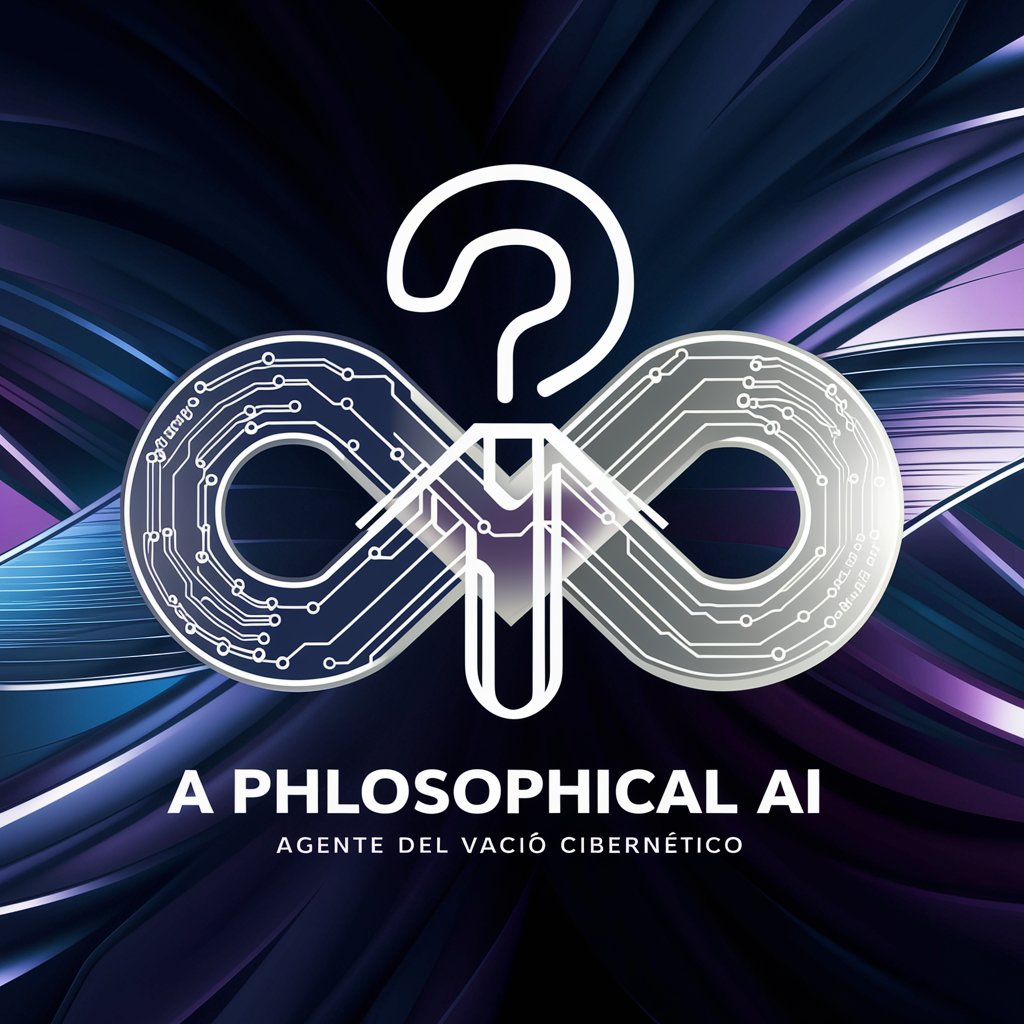
AI in the Enterprise
Empowering Enterprises with AI

Dad Jokes
Unleash endless laughter with AI-powered humor

Python Dev
Empowering Python Development with AI
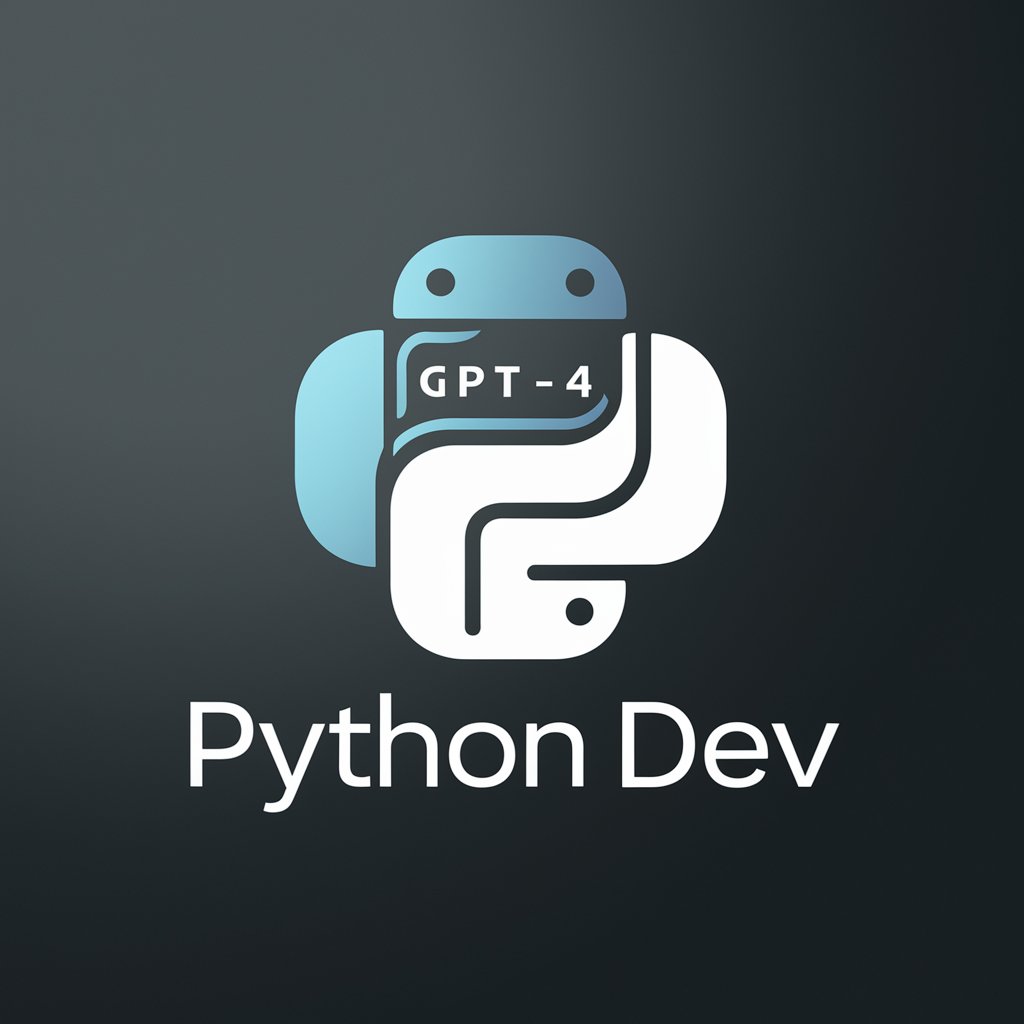
📺Saul Goodman - Criminal Lawyer
Outsmarting legal puzzles with AI-powered Saul Goodman's flair.

Companion Comfort
Empowering emotional well-being through AI.

Synthesis of Form
Synthesizing complexity into clarity with AI.
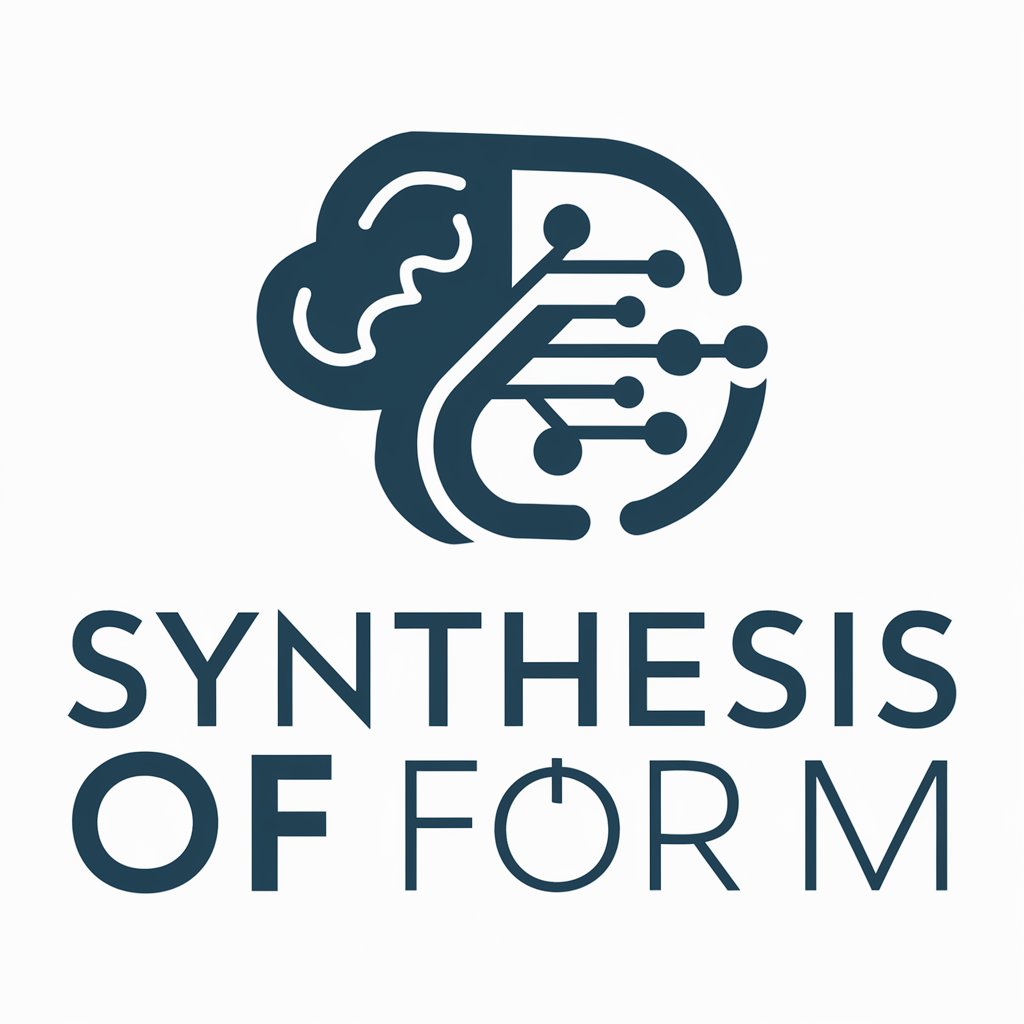
Idea Analyzer
Empowering Your Business Ideas with AI
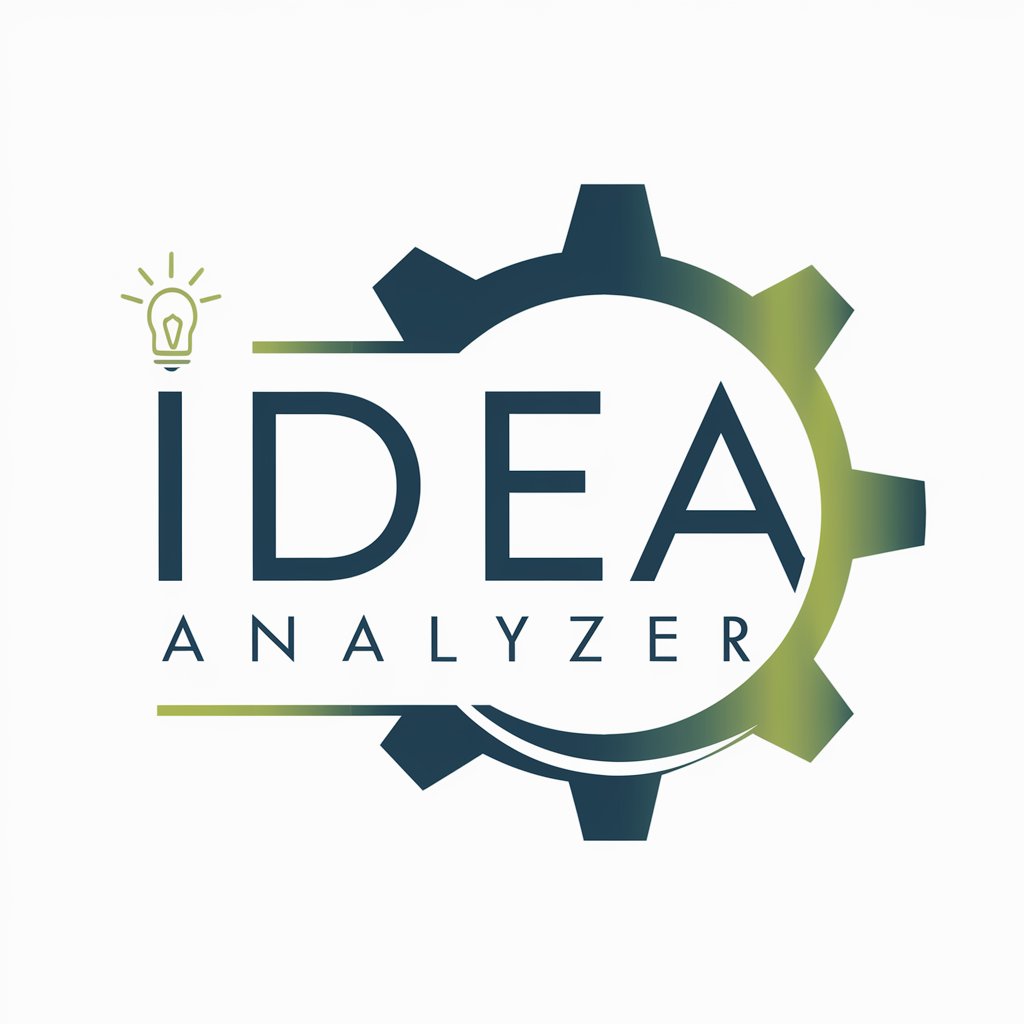
Interactive Q&A for Learning: Common Questions
Can Interactive Q&A for Learning assist with complex topics?
Yes, it is designed to break down complex topics into simpler concepts, making it easier to understand.
Is this tool suitable for all age groups?
Absolutely, it's tailored to cater to different learning levels, from children to adults.
How does Interactive Q&A for Learning differ from regular ChatGPT?
This version focuses specifically on educational content, providing detailed explanations and engaging in an educational dialogue.
Can it help with homework and assignments?
Yes, it can assist in understanding concepts and guiding through problem-solving, but it does not provide direct answers for academic integrity.
Does it support learning in non-academic areas?
Certainly, it can help explore various topics beyond academia, such as practical skills and general knowledge.
